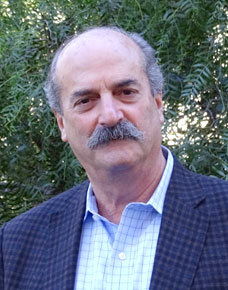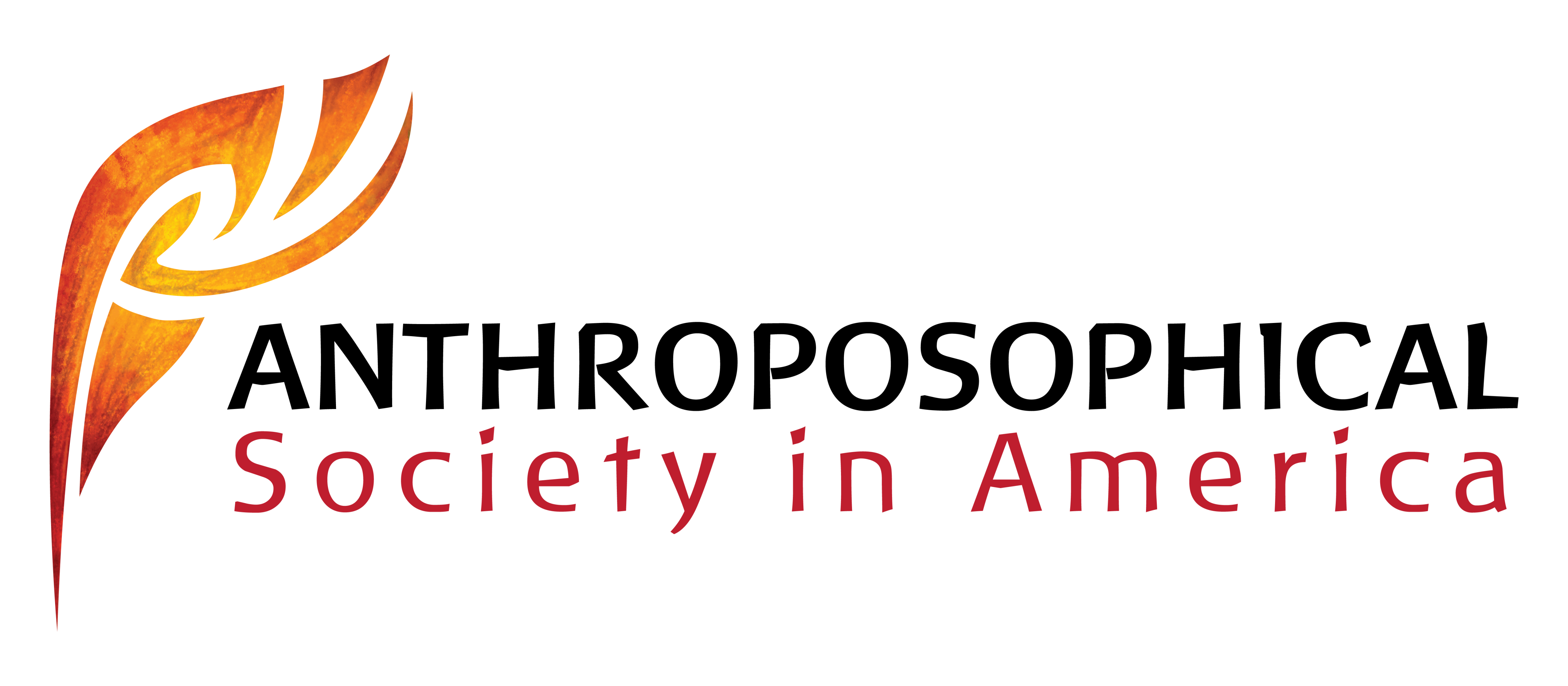From the General Secretary
November 2021

Dear Members & Friends,
The mind thinks it loves; the heart loves before the thought.
I cannot begin this letter without first recognizing the innovative efforts, good will, and inspired colleagues that made our Annual Conference in October, Building the Temple of the Heart, an extraordinary multi-dimensional happening. It was a beautiful tapestry of thinking, feeling, and willing, in places and across spaces, of intimacy and distanced connection, of possibility and probability, of creativity and deep insights. Whether members participated in locus or online, there was a shared experience of the fullness of the human heart, physical and spiritual.
To this cultural celebration of the human heart, I will add another dimension from the field of economic life. Economics has much to learn from recognizing the regenerative nature of the heart as an essential self-managing manager of circulation and interdependence. There is a reciprocal bridge between all that happens within us and all that occurs in the spaces between us.
While economic life concerns itself primarily with the world of material matters, how we conduct ourselves in that world matters a lot. An economics divorced from human need, the value of relationships, and the earth as a living system, is an economics vulnerable to the shadows of greed, abuse of power, and dehumanization. Witness the profound inequities of the current economy. The expression “hard-hearted” comes to mind. Such instincts would never normally occur to the human heart as its constitution is one of service to the health of the whole human organism. Just about any hindrance to this service is associated with illness. And the heart is being considered as the foundation of human intelligence through scientific inquiry into that which has long been understood in intuitional streams of knowing.
If we take the imagination of the human heart further, we find that a key capacity of heart intelligence is recognition. The heart could not fulfill its purpose if it operated first and foremost out of judgment rather than recognition. First, it senses or recognizes a need and responds as best it can and then judges or estimates whether that response was sufficient and adjusts accordingly. Imagine if you would, an economy that operates on this same selfless principle. How different life might be.
If we human beings are going to co-create an economy based on an imagination of sufficiency as exemplified in the heart system, then we need to transform our consciousness, our culture, and the process of education around a reordering of priorities. Specifically, primacy would be given more to recognition, which requires attentive and direct observation of experience, than to judgment, which is inherently conditional. The former is future oriented, the latter is reflective or past related. Of course, we need both, but where does making meaning start? In habits of the heart or habits of the mind? Are we led more by what we care about than by analysis and control?
In our current iteration of economy, we are entranced with capital and disconnected from our hearts. This discord is partly the result of the inherent nature of capital, centered as it is in the head, as the origin of the word indicates. Though it is important to acknowledge that intelligence has a role to play in the development of economic value, in the world this discord looks like a widening gap between wealth and poverty, and in the inner world like a disintegration of beliefs, values, and behavioral decisions. Make no mistake, we need capital in one form or another, and we need those who work with capital to be in the world in a way that values each human being and supports the regeneration of nature. Such a practice of inner integrity might then begin to heal social and ecological wounds.
Now to the imaginal blueprint. Real change never happens without a guiding vision.
Let’s start with the basics. Long before textbooks, encyclopedias, and Wikipedia, the heart is what we had by way of stored knowledge; we learned by heart, even while it was the head’s task to process that knowledge. Thus, consciousness has been as much a product of the heart as of the head, though modern industrial culture has come to prize outcomes and judgments, rather than the process of knowing. Shared practices and disciplines of knowing make it possible for each of us to discover and develop our own capacities or gifts. It is when those capacities operate in a field of reciprocity, to serve both self and others, that the glimmering of a healthy economic life emerges. Fast forward and you get economic efficiency in the division of labor. When efficiency supports my giving of my capacities and in return my receiving back what I need from the community, I feel engaged, recognized, and valued—supported both materially and through a sense of inner fulfillment and relational connections. While this is a somewhat simplistic framing, I believe the feeling it engenders is one desired by a significant number of individuals.
What I am describing is a heart-centered economy, one motivated by continuous circulation, connection, and caring, and cognizant of each person’s dignity and destiny. And most important, an economy in which the rediscovery of trust becomes the vital element supporting the circulation and regeneration of resources as common, co-produced wealth. The role of money is a topic for another time, but suffice it to say, as Rudolf Steiner did in his 1922 lectures on Economics, money is like the blood in the circulatory system. Blood is the bearer of life processes, the currency of the heart.
Every part of the human organism is permeated through circulation, but circulation is meaningless without the management of the heart, its sensitivity to our inner and outer-facing nerve-sense system, and the forces of our metabolic system. Simply put, the heart embodies interdependence, an essential principle of a life-affirming economic life.
It is fascinating to me to consider that the heart is naturally ethical and equitable in its gift of right action. It does not deny one part of the body over another unless it needs to allocate healing resources for an interim period. It does not judge; it simply recognizes need and responds. It seeks sufficiency, and its actions are all guided by the impulse to restore balance—all for the purposes of circulation and meeting the needs of the whole throughout a very diverse organic system. The heart does not speculate, it anticipates, and it regulates in service to the whole. This self-regenerative system is the key to the imagination of a heart-centered economy.
I offer this imagination: that as a Society we continue to build the temple of the heart even in the economic realm. Can we see that we are part of a great circulation? Can we see that we are part of both the destruction and regeneration of natural systems, and that in our economic world we are never separate from each other? Boundaries are important, just as cell membranes are important. They are permeable; they protect and contain. But in the end, it is the circulation that is the most vital. And it is the working of human heart, the servant of the circulatory system that demonstrates the wisdom we need to transform money, the financial system, and economic life. Not only by, but also from the heart we can learn how the world can support our lives as we work consciously to support others’. In the realm of the temple, it is reasonable to ask: Are we cultivating the sacred, and is the sacred circulating through us?
John Bloom
General Secretary
Anthroposophical Society in America (US)

Intuition is the Eye of the Heart.
A resistant Heart blocks Thought.
Squalor, excessive wealth’s inevitable neighbor.
We lift the Hands of our Hearts to the Above.
—John Urban